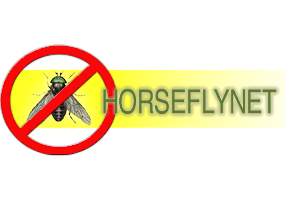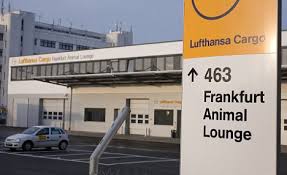Jennifer La Plume VMD recently shared in her Newsletter this important information which I will post in my barn. After years around horses these number still escape me when I am concerned about a sick horse. HORSE'S VITAL SIGNSThanks to Ragged Mountain Equine Services, Jennifer A. La Plume VMD info@rmequine.com in Virginia.
The following is a short article printed in an April issue of THE WEEK magazine that is worth reprinting for horse owners who suffer with flies. Zebras' fly repellent "Biologists since Darwin have debated this riddle: Why do zebras have stripes? A probable answer is flies don't like stripes. Scientists examined several leading stripe theories that the color contrasts keep [...]
One would think that a horse would prefer drinking out of a clean water trough rather than out of a muddy puddle if it had the choice. But, you are wrong. After a rain, horses seem to enjoy the taste of the fresh water that accumulates in shallow puddles better than the large amount of stale H2O sitting in their regular troughs. In the wild, horses create their own mudholes by pawing at[...]
Frankfurt International Airport Animal Lounge Wouldn't you like a transatlantic flight which included good food, your own cubicle for rest and even medical care? You might also include a drive to the airport and boarding privately. Each year Frankfurt Airport handles 110 million (80 million of those being ornamental fish) animals in its [...]
Kentucky Equine Research tells us that when horses are eating hay they produce saliva. This causes more intake of water. If this fluid in the gut is prior to the feeding of grain than the grain will pass through the stomach rapidly and into the gut. Fermentation of grain in the hind gut can lead to such problems as colic. Therefore if hay is offered several hours after grain [...]
Most of us on farms have that unsightly place where everything "maybe needed one day" has to be stored. When a customer admired HorseFlyNets on a neighbors indoor riding arena the light bulb struck. He called and asked if we could cover his open shed with a net that could be camouflage but breathable . The solution was to hide the mess, with a curtain that screens. A curtain that [...]
Scratches, mud fever, pastern dermatitis on pink pigment What do you call it in your part of the country? It is also called dew poisoning, grease heel or greasy heel. But it is the same condition which is caused by a mixture of bacteria and in some cases fungal organisms. The eastern US has had an unusually wet summer giving this disease the conditions to thrive on the [...]
Lawsuit Filed to Stop Sale of Wild Horses at Slaughter Auction on Saturday Posted on August 16, 2013 at 12:16 PM on www.wildhorsepreservation.org Wild Horse & Conservation Groups Allege Feds Failed to Protect Wild Horses in Tribal Roundup; 467 Horses Await Fate at Slaughter Auction "Reno, Nevada (August 16, 2013) . . . A coalition of wild horse advocacy and [...]
Botulism Beware By Jess Hallas-Kilcoyne Commonly found in soil, decaying animal carcasses, and, sometimes, decaying plant material, Clostridium botulinum is the bacterium responsible for producing the toxins that cause botulism. These powerful toxins prevent the release of neurotransmitters that [...]
ARE THE WILD HORSES A HERITAGE It is an interesting question. Should the wild horses be declared a heritage specie as opposed to an invasive specie? It was originally thought that perhaps they were brought by settlers or armies. But if they are reintroduced native then they can be considered to be heritage species and should not be slaughtered. This is the premise of the Canadian [...]
Call Us at (910) 725-2115 or Email Us at info@horseflynet.com
Horse Fly Net
This see-through breathable screen will last for years. It is made of polyester vinyl coated and heat sealed on the edges with brass grommets about every foot. It has no chemicals added. Our HorseFlyNets only cost approximately $2.00 a square foot for smaller sizes and less for larger. Our product is woven and manufactured in the USA.
HorseFlyNet®
Southern Pines, NC
(910) 725-2115
info@horseflynet.com

